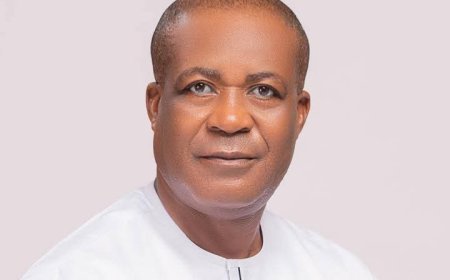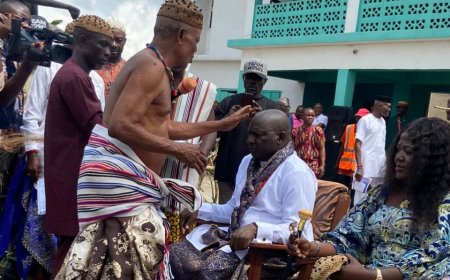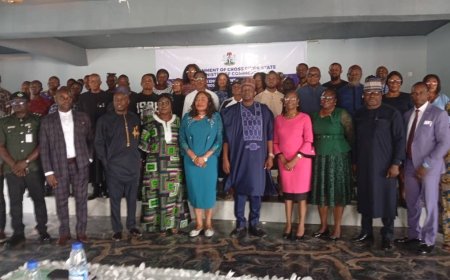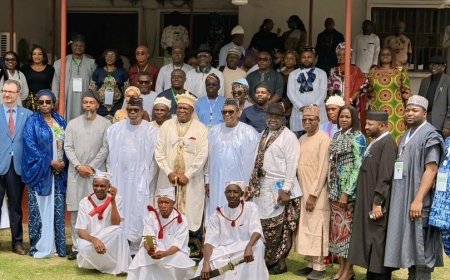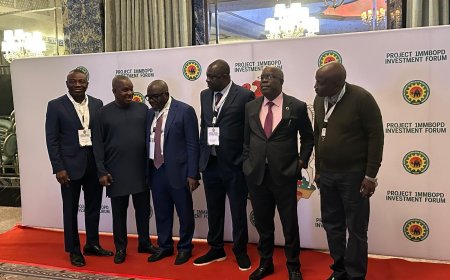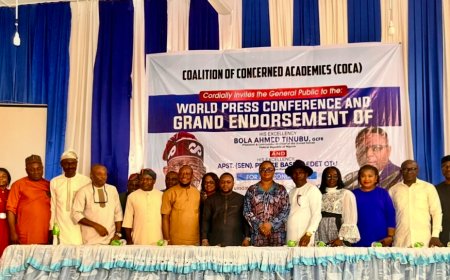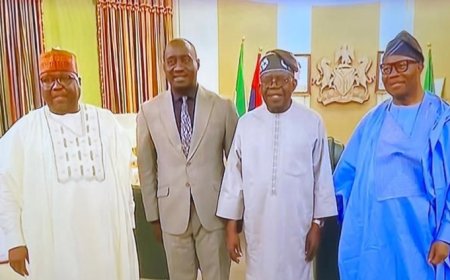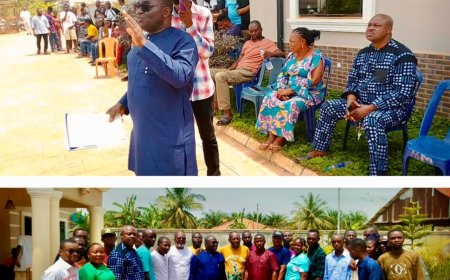Harness the Power of Arts for Social Change, UNICAL Don Urges FG
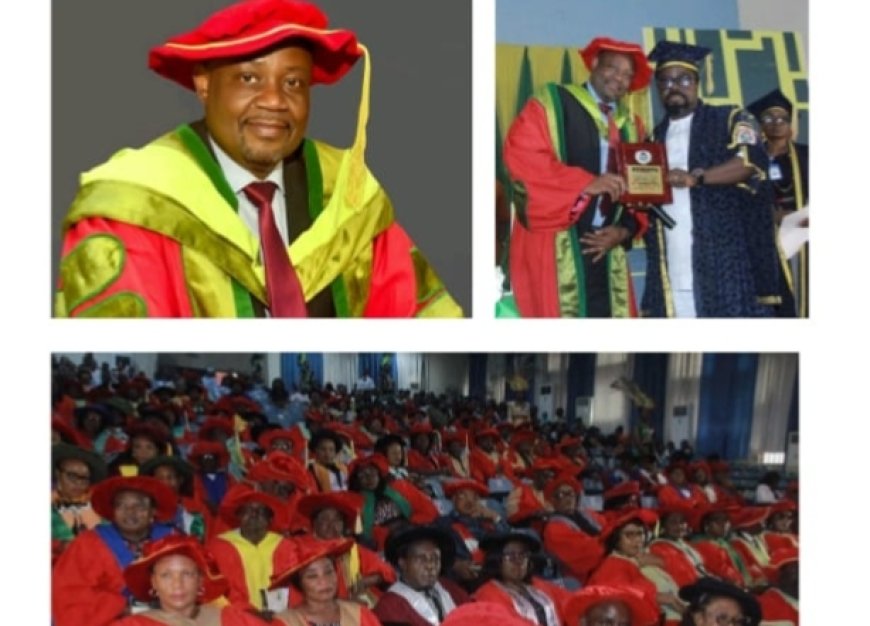
By Ekanem Asuquo
A renowned scholar of Theatre and Media Scenography at the University of Calabar (UNICAL), Prof. Esekong Andrew Essien has urged the Federal Government to leverage the transformative power of visual and performing arts to promote economic growth, effective communication, and social change.
Delivering the 143rd Inaugural Lecture of the university at the Godswill Akpabio International Conference Centre, the academic said art holds immense potential to shape behaviour and inspire transformation when properly harnessed.
He observed that art has often been dismissed as mere decoration, whereas it is a unifying force that draws people together through festivals, carnivals, theatre and exhibitions. This energy, he argued, should be channelled into development communication and nation building.
Speaking on the topic Creative Convergence: Leveraging the Intersections of Visual and Performing Arts for Development Communication and Social Change, Professor Andrew-Essien unveiled his “Compacted Multi-Media Model” (CM3), a framework designed to integrate visual, performative and electronic media for stronger communication impact.
He called for a revamp of training curricula for the arts, provision of modern tools and studios, and the engagement of qualified personnel to drive excellence in the sector. He added that ongoing professional development and wider appreciation of art would enable practitioners to create messages that resonate with diverse audiences.
The don emphasised the need for a human-centred approach, explaining that collaboration, feedback and adaptation to user needs are crucial for producing messages capable of delivering sustainable outcomes.
“Art transcends language and culture,” he said. “It communicates ideas powerfully, breaks barriers and spurs action.”
Beyond its communicative strength, Professor Andrew-Essien described the arts as a catalyst for tourism, job creation and creative industries, stressing that a vibrant cultural economy can support national development.
He also faulted a recent directive by the National Universities Commission transferring Fine and Applied Arts departments from Faculties of Arts to Faculties of Environmental Sciences, describing the move as a setback to the intellectual foundation of the humanities.
Deputy Vice Chancellor (Academic), Professor Tony Eyang, who represented the Vice Chancellor, Professor Florence Obi, commended the lecturer for his rich and thought-provoking presentation.
The event, which drew academics, students and cultural stakeholders, concluded with a memento presented to Professor Andrew-Essien in recognition of his scholarship and contributions to the university’s intellectual tradition.
Professor Andrew-Essien, a celebrated float designer for Carnival Calabar, has won the Passion 4 Band’s float design contest 12 times in 17 years and was honoured by the Cross River State Carnival Commission in 2021 for his role in developing the annual festival.






